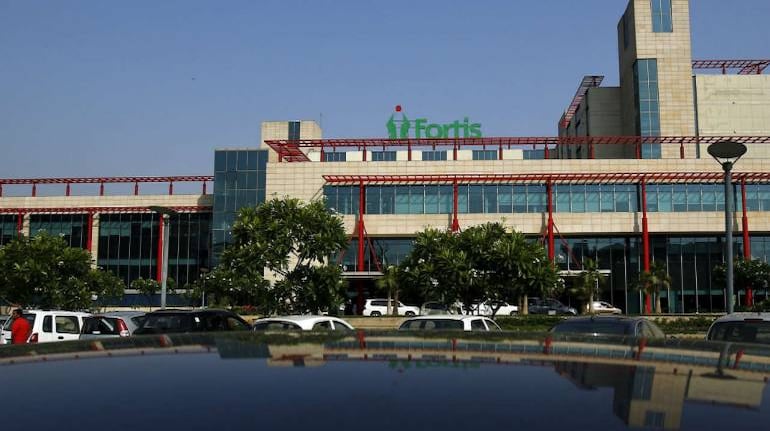



Fortis Healthcare, one of India's largest private hospital chain on June 17 said that amongst those who turned COVID-19 positive post-vaccination, just 1 percent of fully vaccinated healthcare workers developed severe illness requiring ICU care or ventilator support.
Fortis conducted a real world evidence study to assess around 16,000 healthcare workers with Fortis network who had been administered both first and second doses of COVID-19 vaccine between January 2021 and May 2021.
After receiving both the doses, only 6 percent staff got infected. About 92 percent were mildly infected cases while 7 percent developed moderate illness requiring oxygen support and only 1 percent developed severe illness requiring ICU care ventilation.
Overall the evidence-based study of Fortis highlights that 92 percent of the fully vaccinated healthcare workers amongst those who acquired infection post-vaccination developed only mild COVID-19 infection, largely recovering under home care, despite a surge in serious infections during the second wave of the pandemic.
Fortis said the study was done to understand the role of vaccines and severity of COVID-19 infection post-vaccination.
Fortis study was done through the peak period of the second wave, wherein India was recording 3.5 to 4 lakhs cases each day and healthcare workers were working round-the-clock, attending to infected patients.
“The study clearly brings out important findings that the vaccines available in India for COVID-19 do provide protection against the virus even in healthcare workers who are at most risk and vulnerable to get infected by the virus," said Dr Bishnu Panigrahi, Group Head – Medical Strategy & Operations at Fortis Healthcare.
"While India has sound vaccine manufacturing capacity at its disposal, what is really needed is a comprehensive and multi-pronged mass education strategy to achieve last mile delivery," Panigrahi said.
Discover the latest Business News, Sensex, and Nifty updates. Obtain Personal Finance insights, tax queries, and expert opinions on Moneycontrol or download the Moneycontrol App to stay updated!
Find the best of Al News in one place, specially curated for you every weekend.
Stay on top of the latest tech trends and biggest startup news.